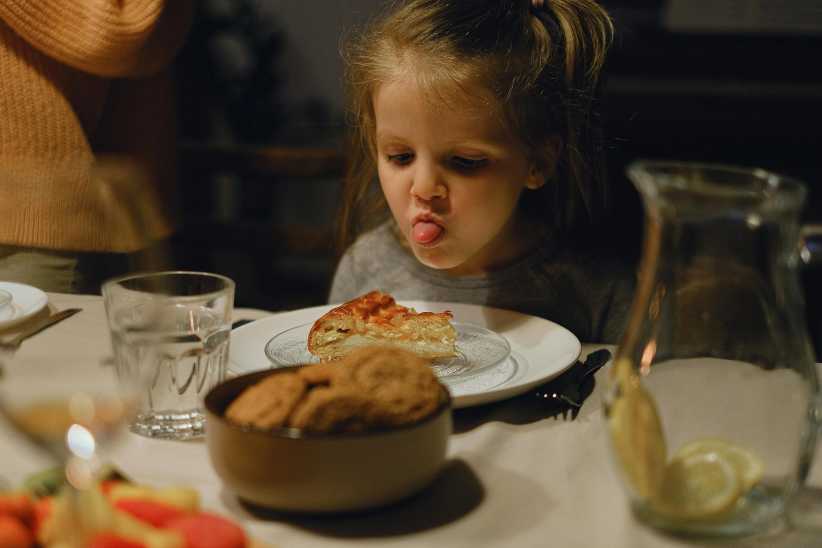Last fall and winter, my daughter suffered from several bouts of strep throat. Is there anything I can do to prevent it this year? What is the best way to diagnose and treat strep throat?
Prevention is the first line of defense against streptococcus, the highly contagious bacteria that causes strep throat. Proper hand washing is the best way to prevent the onset of strep throat and other kinds of infections. As a precaution, show your children how to wash their hands thoroughly, using soap and water or an alcohol-based hand sanitizer.
Streptococcus, or “strep,” is normally spread through airborne droplets when someone with the infection coughs or sneezes. Children can also pick up the bacteria from a doorknob or other surface and transfer them to their noses or mouths. Kitchen utensils and bathroom objects are other common sources of infection transmission.
Strep is most common in children between the ages of 5 and 15, but it affects people of all ages. It is important to call the doctor if you or your child has any of the following symptoms: throat pain, difficulty swallowing, red and swollen tonsils (sometimes with white patches or streaks), swollen or tender lymph glands in the neck, fever, stomach ache or vomiting — especially in younger children.
If your child exhibits one or more of these signs, your doctor will administer a rapid strep test or a throat culture to determine whether strep bacteria are the cause of the sore throat.
Fortunately, strep throat is treatable, and responds quickly to antibiotics, which also stop the infection from spreading to other people. It is important to seek treatment sooner rather than later, because, if left untreated, strep throat infections can sometimes cause complications, such as rheumatic fever. If strep is diagnosed, your doctor will probably prescribe an oral antibiotic such as penicillin, amoxicillin (Amoxil, Trimox), azithromycin (Zithromax), or a brand of cephalosporin (Keflex, Ceclor).
Your doctor will want to be sure that the cause of your child’s sore throat is strep before prescribing medication; like colds, the vast majority of sore throats are caused by viral infections and will NOT respond to antibiotics. Unnecessary use of an antibiotic exposes you to the risks of an allergic reaction and antibiotic side effects, such as nausea, vomiting, diarrhea, rashes, and yeast infections. Antibiotics can also kill beneficial bacteria and encourage the development of antibiotic-resistant bacteria.
During a bout of strep, it is very important that children get plenty of rest. They must also stay home until there’s no sign of fever and they feel better — even if they are worried about playing catch-up at school. Drinking a lot of water keeps the throat moist, making it easier for children to swallow. Soothing foods that are easy on a sore throat include broths, soups, applesauce, cooked cereal, mashed potatoes, soft fruits, yogurt and soft-cooked eggs. You may also want to puree foods in the blender to make them easier to swallow.
If your child shows symptoms of strep throat after doctor’s offices are closed, New York Methodist Hospital offers extended hours for outpatient pediatric care. The pediatric faculty practice, located at 263 Seventh Ave. in Park Slope, is open Monday through Friday, from 6 pm to 11 pm, and Saturday, from 1 pm to 6 pm. Throat cultures are performed on site.






















